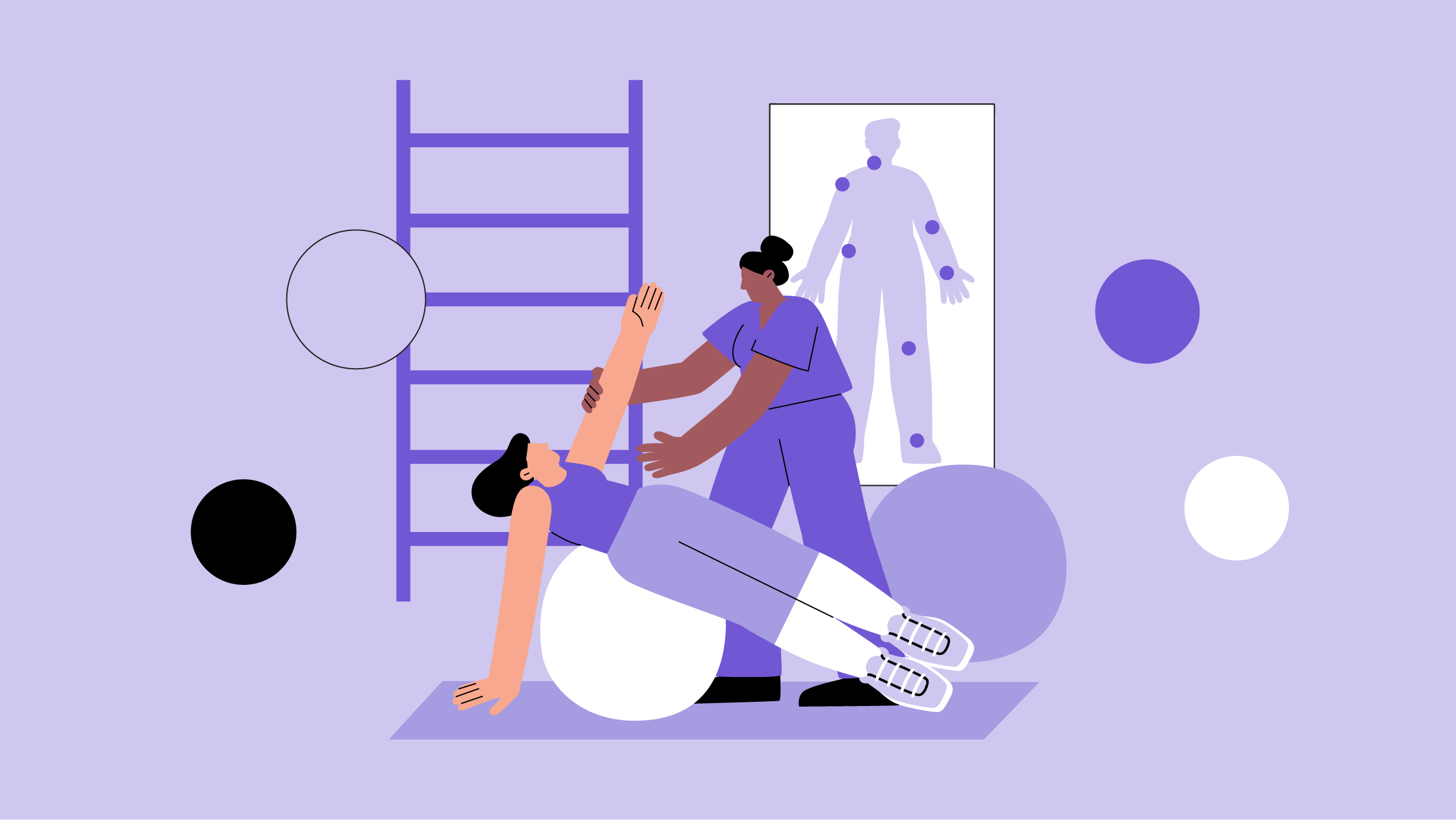What should I tell my care team before I take this medication?
They need to know if you have any of these conditions:
- Blood clots
- Cancer
- Heart attack
- Heart disease
- Kidney disease
- Liver disease
- Low blood counts (white cells, platelets, or red blood cells)
- Low levels of thiamine (vitamin B1) in the blood
- Stroke
- Tobacco use
- An unusual or allergic reaction to fedratinib, other medications, foods, dyes, or preservatives
- Pregnant or trying to get pregnant
- Breastfeeding
What may interact with this medication?
Do not take this medication with any of the following:
- Dofetilide
- Eliglustat
- Flibanserin
- Lomitapide
- Thioridazine
This medication may also interact with the following:
- Certain antiviral medications for hepatitis, HIV, or AIDS
- Certain medications for fungal infections, such as ketoconazole, itraconazole, posaconazole, and voriconazole
- Certain antibiotics, such as clarithromycin and telithromycin
- Certain medications for seizures, such as carbamazepine, phenobarbital, and phenytoin
- Grapefruit or grapefruit juice
- Metformin
- Metoprolol
- Midazolam
- Omeprazole
- Rifampin
- St. John's wort
This list may not describe all possible interactions. Give your health care provider a list of all the medicines, herbs, non-prescription drugs, or dietary supplements you use. Also tell them if you smoke, drink alcohol, or use illegal drugs. Some items may interact with your medicine.
What should I watch for while using this medication?
Visit your care team for regular checks on your progress. You may need blood work done while you are taking this medication.
You should make sure you get enough thiamine (vitamin B1) while you are taking this medication. Discuss the foods you eat and the vitamins you take with your care team.
Talk to your care team before breastfeeding. Changes to your treatment plan may be needed.
Talk to your care team about your risk of cancer. You may be more at risk for certain types of cancer if you take this medication.
This medication may increase your risk of having certain heart problems. Get medical help right away if you have any chest pain or tightness, pain that radiates to the jaw or down the arm, or shortness of breath. These may be signs of a heart attack or other serious condition.
What are the most serious risks of this medication?
This medication may cause a condition that can affect how your brain works. Talk to your care team right away if you have confusion, changes in behavior, or memory loss. Also tell them if you have trouble speaking or a loss of balance or coordination.








